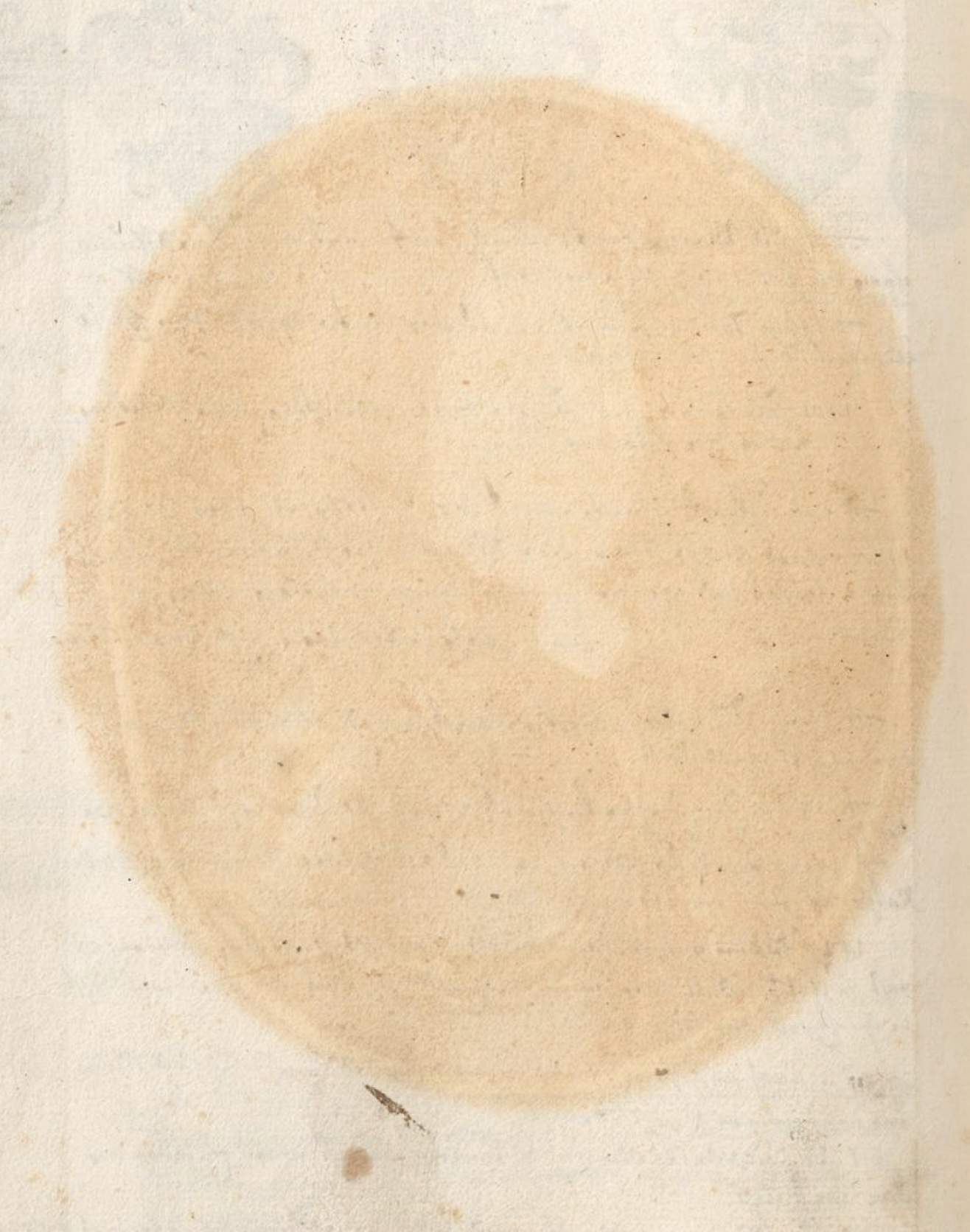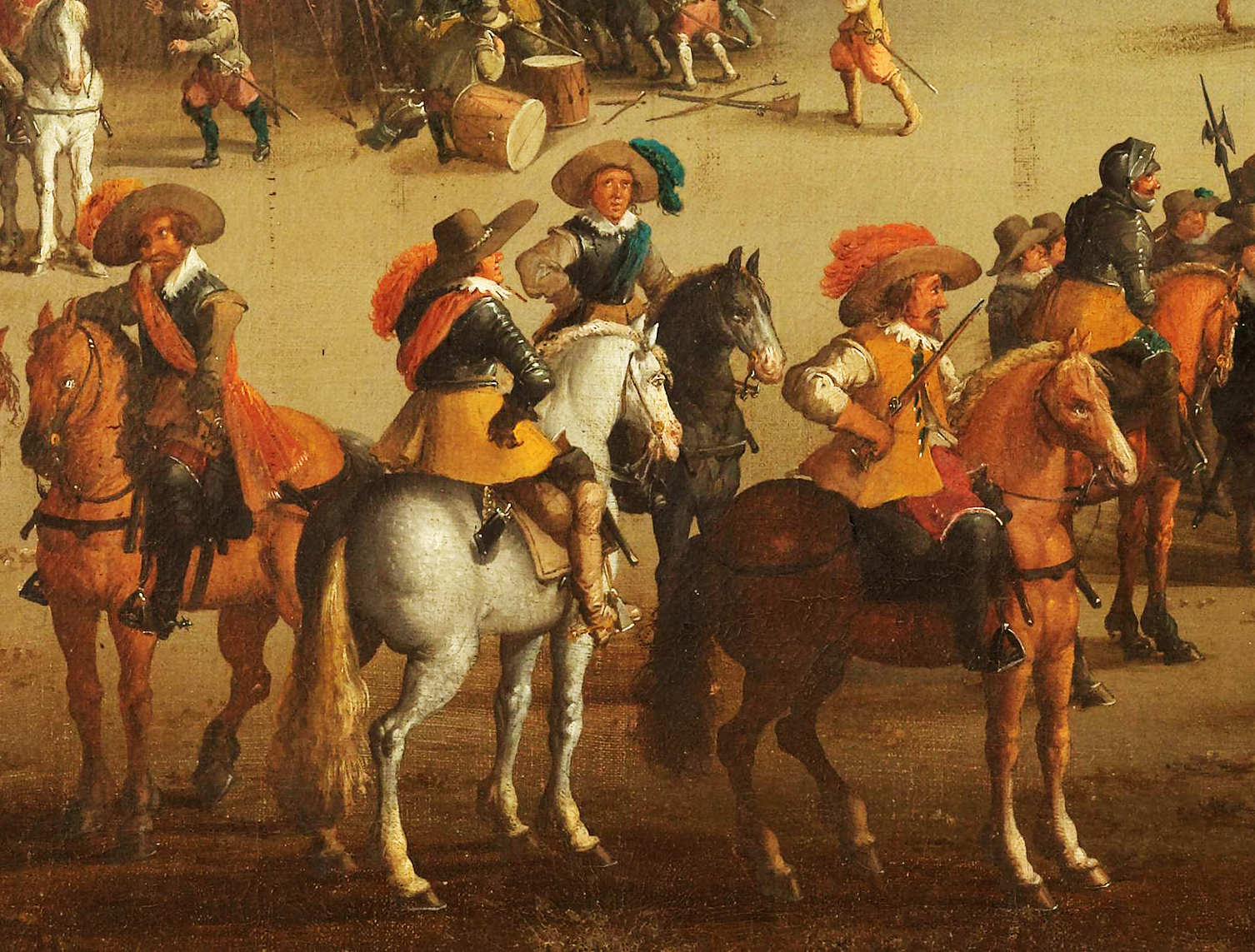The Life and Death of Hans Heinrich Oberkan


Confederate soldiers in English pay form a minor chapter in the history of the early modern Swiss mercenary business. Measured against the long-standing, large-scale recruitment of young Swiss men by the French crown, English involvement with the Swiss mercenary trade began late and remained small. Yet, the stories of some of those who fought and died in English service are all the more compelling.
One such man was called Hans Heinrich Oberkan. Born in Zurich around 1623, Oberkan first joined the mercenary service in 1659 as part of a French deployment to Italy. To a weaver’s son, the mercenary service presented a unique chance to rise in the social hierarchy, and Oberkan grasped this opportunity with abandon. In 1669, the French crown offered him the privilege to recruit a ‘free company’, a novel invention in the mercenary business which greatly displeased Confederate elites. Unlike regular mercenary companies, free companies were not bound to regular charters and could be deployed indefinitely and in any conflict. This allowed the crown to skirt the tedious negotiations with Confederate authorities, and save some of the fees and bribes necessary to bring such negotiations along. That money, along with the titles and prestige to be gained from military leadership, instead went to upstarts such as Hans Heinrich Oberkan.
By getting involved in the creation of free companies, Oberkan proved that he was more than willing to put his own interests before those of his superiors back in Zurich. Such behaviour would become a pattern in the following years, as Oberkan caused one scandal after another in his hometown: first, when he continued to serve the crown in the wake of Louis XIV’s attack on the Protestant Low Countries in 1672, despite having received firm orders from Zurich to withdraw; then again 16 years later, when his company took part in the French attack on another of Zurich’s Protestant allies, the Palatinate.
Even Oberkan’s allegiance to the French crown had his limits, though. In 1689, Oberkan quit French service and returned to Zurich. Perhaps, a line had been crossed with the revocation of the Edict of Nantes in 1685 and the increasing repression of French protestants thereafter. In 1687, Oberkan had indeed already sent his wife, a Huguenot noblewoman, home to Zurich. Others suggest that Oberkan had been passed over for promotion, and quit French service out of personal dismay. Whatever the case, Oberkan would not stay in Zurich for long. After Louis XIV had launched an invasion of the duchy of Savoy in 1690, William III turned to the Swiss to help curtail the influence of his arch-enemy, and in 1691, eight hundred Swiss mercenaries in English pay left for Savoy, commanded by Hans Heinrich Oberkan. This was to be the last time Oberkan changed sides; he died at Turin in 1692, leaving behind his wife and daughter, who had returned to their estate at St. Gratien.
Markus Bardenheuer